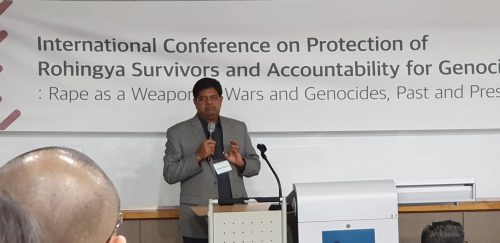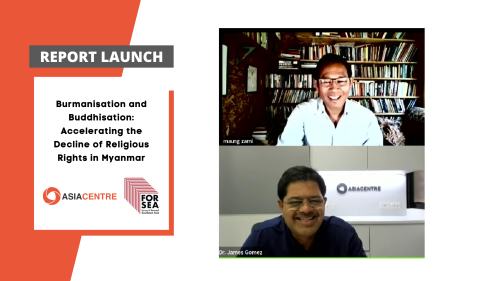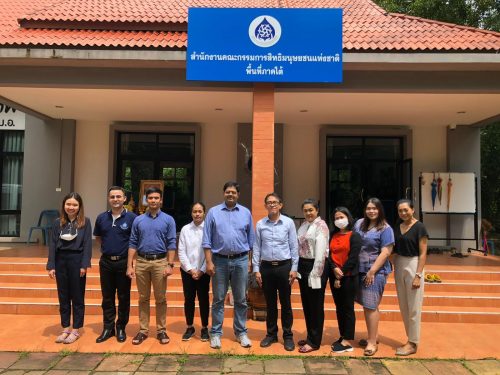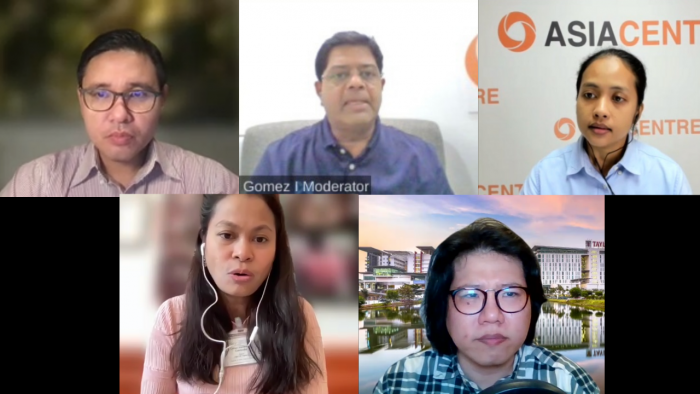
A range of electoral reforms are needed if multiparty democracy is to take root in Southeast Asia. Reforms related to electoral laws, the media, independence of election management boards and the voting age formed the broad suite of ideas that emerged from speakers of the parallel session “Multiparty Democracy in Southeast Asia” during the 2022 Gwangju Democracy Forum convened by Asia Centre.
Co-convened with the May 18 Foundation – a South Korean organisation founded in commemoration of the May 18 Uprising – the 19 May 2022 online event was as part of the Gwangju Democracy Forum, an annual international conference held by the Foundation. This is the second occasion where Asia Centre has co-convened a panel during the Gwangju Democracy Forum. It first convened a panel in 2021, entitled “Freedom of Expression and Democracy in Asia”. Watch the 2021 panel discussion here. You can also read the article titled “Freedom of Expression A Fundamental Right” here.
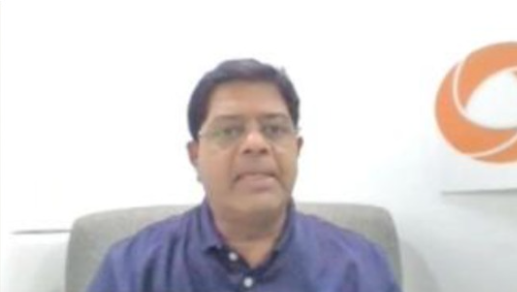
In his opening remarks and introduction of the panel, Dr James Gomez, Regional Director of Asia Centre said the key question to address is whether electoral systems in the region are a force for democracy or a force for authoritarian consolidation. For Southeast Asia, despite the plethora of elections at multiple levels, there is an increasing tendency that they end up with illiberal outcomes.
Executive Director of the Council of Asian Liberals and Democrats (CALD) Celito Arlegue discussed the result of the Philippines presidential election in 2022, following Bongbong Marcos’s victory. He noted Bongbong’s social media image revamp that had contributed to his electoral win. The election result underlines the weakening of political parties as independent institutions in favour of established political dynasties in the Philippines.
Korbkusol Neelapaichit, a Research Coordinator at Asia Centre, updated on the Bangkok governor’s election and its implication for the upcoming general election. She highlighted that while women voters outnumber men voters, women candidates are underrepresented for the election as there are only 6 of them out of 31 candidates. She also pointed out that women candidates, especially in the South, have been facing gendered attacks. She predicts that this bias towards women has the risk of repeating itself at the national elections.
Speaking from the Cambodian perspective, Sokunthea Chhan, Media Development Director of the Cambodian Center for Independent Media (CCIM), focused on the media’s role in the upcoming commune elections scheduled for 5 June 2022. She emphasised the important role of independent media in helping political parties voice and broadcast their opinion. However, in the run-up to the communal elections, there continue to be restrictions on the activity of independent media.
Senior Lecturer at the School of Media and Communication, Taylor’s University in Malaysia, Dr. Benjamin Loh Yew Hoong, discussed the introduction of youth voters (aged 18-21) into the Malaysian election system. Due to the lack of media literacy, he said youth risk being susceptible to disinformation during elections. He voiced his concerns that disinformation could herald the possible return of disgraced elites – naively well received by the youth – to power.
The panel discussion served as an important launching pad for Asia Centre 8th International Conference scheduled for 23 to 25 August 2023 titled “Democracy And Elections in Asia”. In his closing remarks, Dr. Gomez announced the issue of multiparty democracy is a theme, the Centre will track over the next couple of years.
Please stay tuned for Asia Centre’s International Conference on Multiparty Democracy In Asia in 2023. Meanwhile, see the update for the Centre’s 7th International Conference: Freedom of Expression in Asia, to be held on 24-26 August 2022. Visit the Facebook events page for the Conference here.

